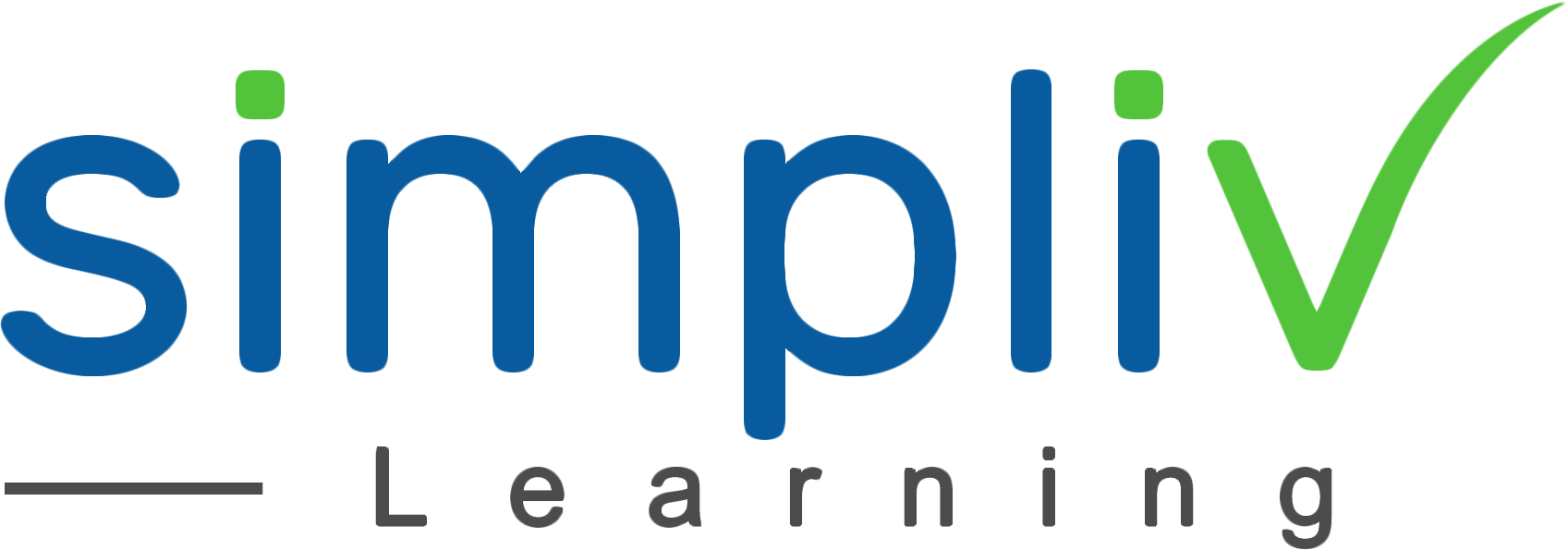Designing & Executing Your HR Metrics Dashboard to Enhance HR’s Strategic Contribution
HR professionals leading many of the best-managed HR departments across the U.S. rely heavily on HR Metrics to guide and improve their departments' performance. They recognize that metrics offer significant benefits to both their departments and organizations.
HR & Compliance
1 Hour
Description
Metrics is the ‘language of businesses’ Senior leaders are seeking objectivity. They don't speak in generalities and don't make key decisions based on opinions. Metrics communicate by painting an unbiased, objective, and believable picture
They are in the service business and their H.R. function can be seen as only an overhead expense until others see value from the function. They appreciate the fact that the results that they don't objectively report often don’t count
They need metrics to be able to compare themselves to standards and ‘best practices’ in other organizations. That metrics provide early warning signals and identify performance gaps. And that it is difficult to control & improve upon any HR process that is not measured.
Metrics provide a means of increasing visibility, clarifying performance expectations and setting goals. That just measuring an HR process conveys its importance and tends to improve the performance of the process.
Since the leaders of the other functions within their organizations - manufacturing, sales, accounting, customer service, etc. - measure and report their contributions and performance, they as HR professionals should as well.
Course Objectives
Human Resource Departments have traditionally been concerned with the processing of transactions and administrative functions – often with little or no objective data to provide them feedback on:
The effectiveness of their HR processes or the contribution that these processes are making to the organization’s business strategy
However, many senior corporate executives are no longer satisfied with this scenario – they want HR to prove its value and effectiveness through objective data.
At the end of this workshop, participants will be able to:
Use HR Metrics to ‘paint a picture’ and use the ‘language of business’
Know how to gauge whether they are satisfying the needs of their internal customers
Make continuous, meaningful improvements to HR processes
Make greater contributions to their business’ strategic and operational plans
Develop their personalized HR score card
Discuss ways of strategically implementing their HR dashboard
See and select from many potential HR Metrics
Show that they are not afraid of measuring their contribution
Target Audience
HR Managers, Directors, VPs & CHROs, SHRM Associations & HR Groups on LinkedIn
Basic Understanding
No Prerequisite required
Course Content
No sessions available.
Coupons
Live Support
Call
+510-849-6155
Mail to
support@simplivlearning.com
